The environmental regulator and Defra will now work with the Local Authority Recycling Advisory Committee (LARAC), the National Association of Waste Disposal Officers (NAWDO), and other stakeholders to develop official guidance for the sector.
Environmental consultancy WRC produced the 138-page document. It shows that a significant proportion of domestic seating – primarily sofas and armchairs, but essentially any seating that contains fabric and or foam – contains POPs well above the threshold limits set under the Stockholm Convention.
As waste containing POPs cannot be landfilled, recycled, or prepared for reuse, this means many items of furniture may have to be sent to incineration, as reported by letsrecycle.com last month (see letsrecycle.com story).
It is thought that many UK manufacturers of sofas stopped using POPs by 2011, but imported furniture had some offending chemicals as late as 2019. As a result, it is estimated that around 30% of sofas and soft furnishings could be impacted.
NAWDO is working with Defra and the Environment Agency to help develop guidance that will support local authorities
– NAWDO
In a statement, NAWDO said: “NAWDO is working with Defra and the Environment Agency to help develop guidance that will support local authorities, as well as the wider waste sector, to ensure that they are able to comply with the requirements of the Stockholm Convention in managing the domestic seating waste stream. It is expected that the guidance will be published in due course.”
POPs
WRC carried out its sampling programme in November 2020 at two household waste recycling centres, two waste transfer stations, a reception hall taking bulky waste at an energy from waste facility, and one re-use charity warehouse and shop.
A total of 282 items of soft furniture were sampled. Sampling was weighted towards sofas and armchairs, WRC says, as these represent the highest proportion of item types in the UK waste stream.
WRC estimates there are between 364 and 476 tonnes of POPs-classified brominated flame retardants (BFRs) per 100,000 tonnes of waste domestic seating in the UK. Most of these are believed to be decaBDE, chemicals used to give the items flame retardant properties and which are restricted under POPs regulations.
Textile covers from sofas accounted for 88% of the POPs-classified BFRs, WRC says, and when combined with textile covers from armchairs accounted for 94% of the total.
Local authorities
Defra will shortly release a survey seeking information about the affected waste stream. LARAC says it will distribute the survey to all its members.
LARAC encouraged members to respond, saying in a statement that Defra would use the survey responses to determine the impact that the report will have on local authorities.
LARAC said: “This survey will be our opportunity to highlight all the issues in terms of operations, finances and communications, so please keep an eye out for the survey coming your way.”
It added that it would submit a response, as would NAWDO.
Re-use
LARAC also said the sale and re-use of second-hand furniture, where it has not been classified as waste, would not be affected by legal requirements.
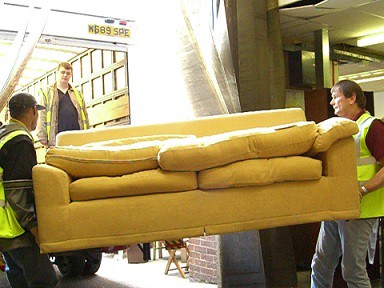
Its statement added: “Items which are waste and contains POPs above thresholds cannot be ‘prepared for re-use’. It is important that these chemicals are removed from use and destroyed to protect the environment and human health.
“Defra and the EA recognise the value of re-use in maximising resource efficiency and the social benefits, including for low-income families and are working with stakeholders to understand the key issues and provide additional guidance to the re-use sector.”
Guidance
Commenting on the findings of the WRC report, Sam Corp, head of regulation at the Environmental Services Association, told letsrecycle.com that the findings would inform and develop Environment Agency guidance on how to manage this waste stream going forwards.

He said the local authority survey would gather information on how the waste stream is currently managed and the costs of implementing changes.
“This will inform next steps, including how to best support local authorities to make changes,” he added.
Related link
An assessment of persistent organic pollutants in waste domestic seating





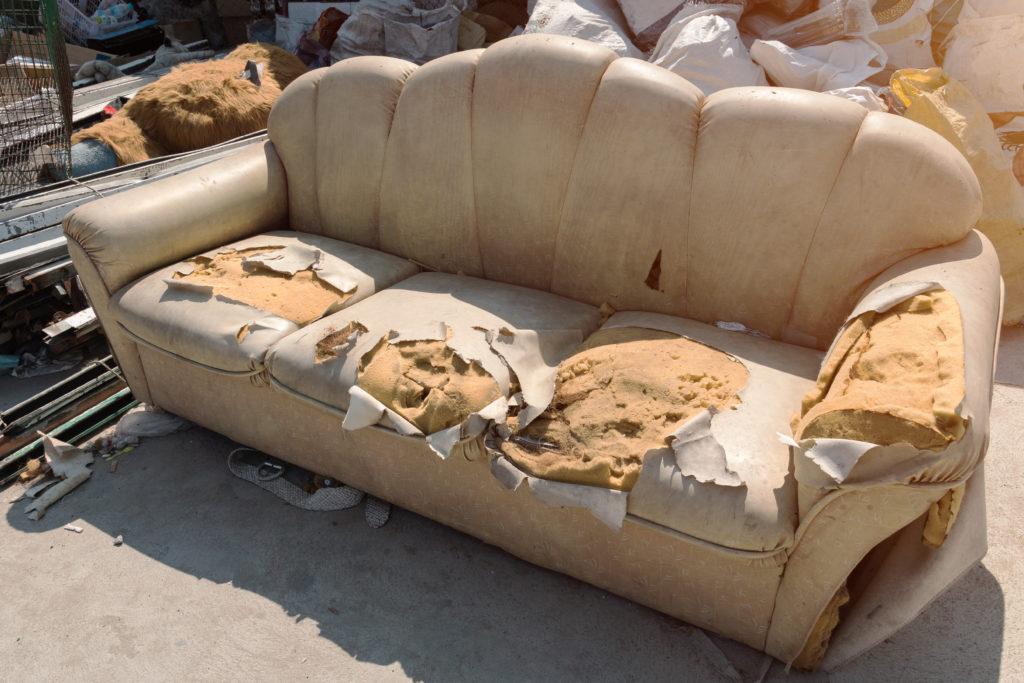
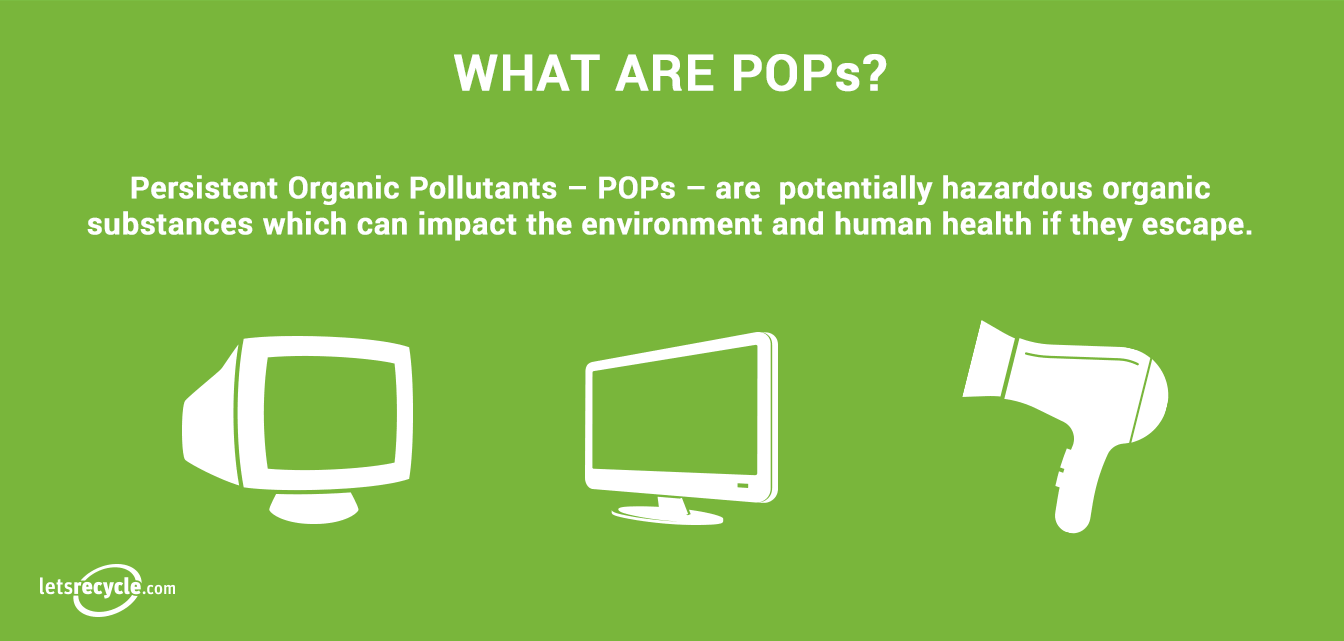

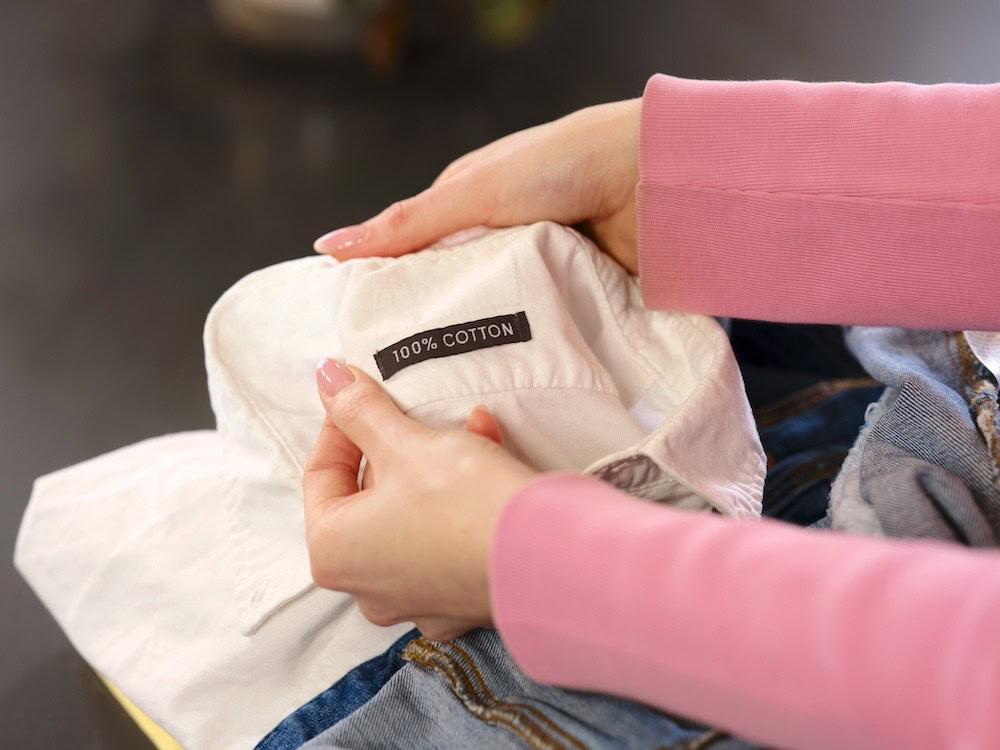
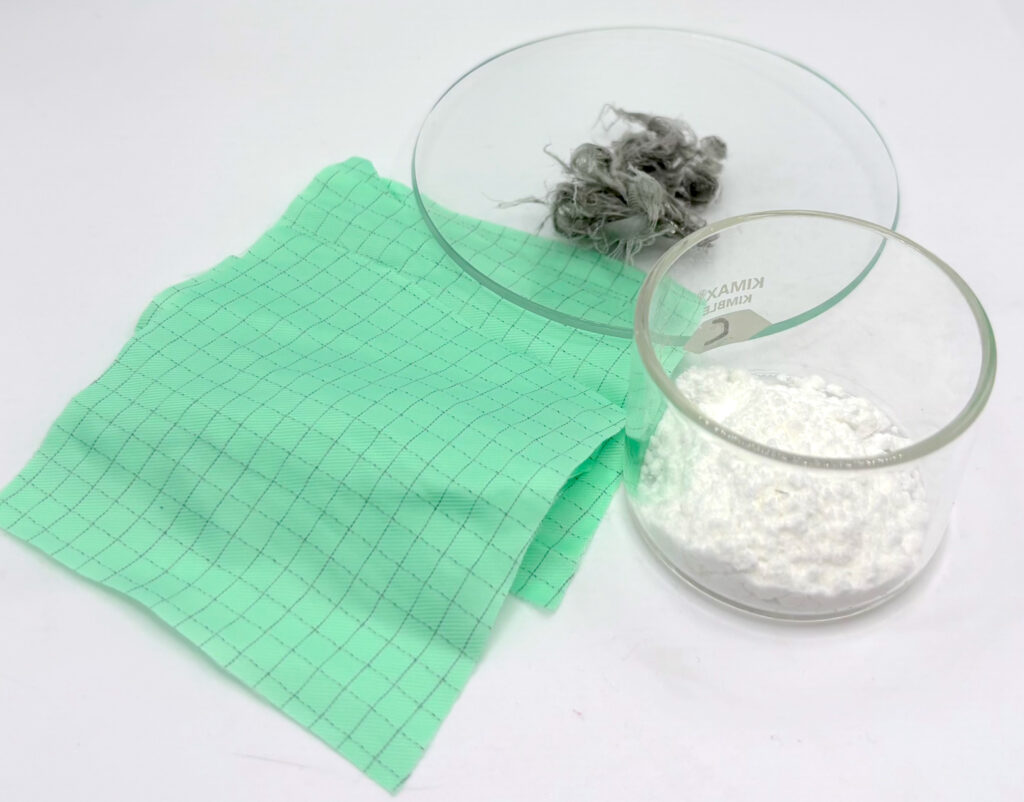

Subscribe for free